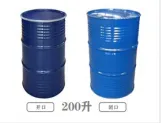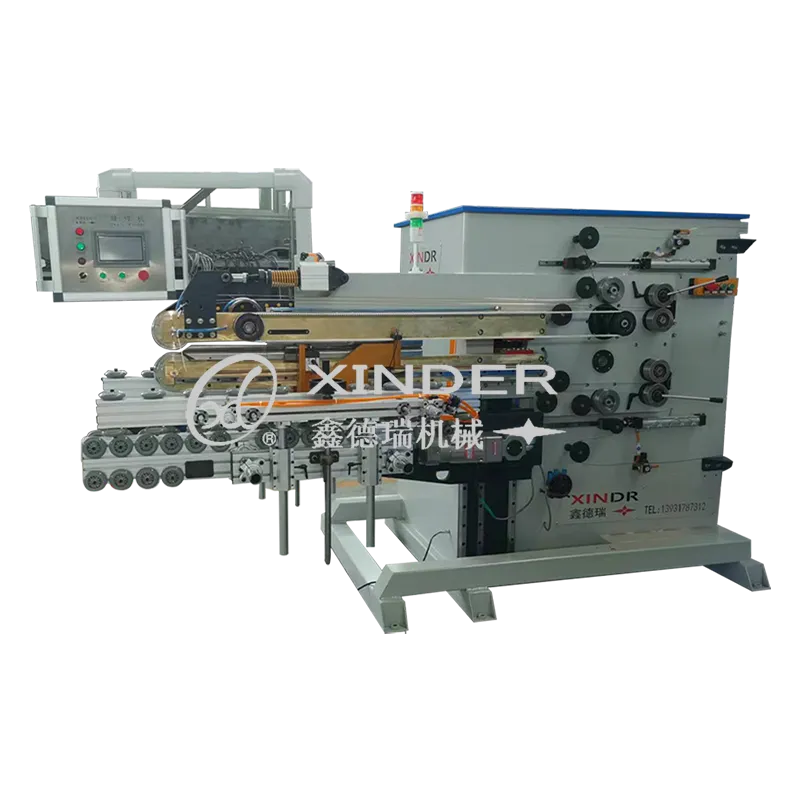-
 8613931787312
8613931787312 -
 Botou Industrial Zone on the east side of National Highway 104, Botou City, Hebei Province
Botou Industrial Zone on the east side of National Highway 104, Botou City, Hebei Province
- Afrikaans
- Albanian
- Amharic
- Arabic
- Armenian
- Azerbaijani
- Basque
- Belarusian
- Bengali
- Bosnian
- Bulgarian
- Catalan
- Cebuano
- Corsican
- Croatian
- Czech
- Danish
- Dutch
- English
- Esperanto
- Estonian
- Finnish
- French
- Frisian
- Galician
- Georgian
- German
- Greek
- Gujarati
- haitian_creole
- hausa
- hawaiian
- Hebrew
- Hindi
- Miao
- Hungarian
- Icelandic
- igbo
- Indonesian
- irish
- Italian
- Japanese
- Javanese
- Kannada
- kazakh
- Khmer
- Rwandese
- Korean
- Kurdish
- Kyrgyz
- Lao
- Latin
- Latvian
- Lithuanian
- Luxembourgish
- Macedonian
- Malgashi
- Malay
- Malayalam
- Maltese
- Maori
- Marathi
- Mongolian
- Myanmar
- Nepali
- Norwegian
- Norwegian
- Occitan
- Pashto
- Persian
- Polish
- Portuguese
- Punjabi
- Romanian
- Russian
- Samoan
- scottish-gaelic
- Serbian
- Sesotho
- Shona
- Sindhi
- Sinhala
- Slovak
- Slovenian
- Somali
- Spanish
- Sundanese
- Swahili
- Swedish
- Tagalog
- Tajik
- Tamil
- Tatar
- Telugu
- Thai
- Turkish
- Turkmen
- Ukrainian
- Urdu
- Uighur
- Uzbek
- Vietnamese
- Welsh
- Bantu
- Yiddish
- Yoruba
- Zulu
Top Steel Rolling Mill Machinery Manufacturer Precision Engineering
- Industry Overview and Market Demand for Steel Rolling Solutions
- Advanced Technological Innovations in Modern Rolling Systems
- Performance Comparison of Leading Machinery Manufacturers
- Tailored Engineering Solutions for Diverse Production Needs
- Real-World Implementation in Global Manufacturing Facilities
- Operational Efficiency Metrics and Maintenance Best Practices
- Future-Proofing Production with Trusted Rolling Mill Partners

(steel rolling mill machinery manufacturer)
Steel Rolling Mill Machinery Manufacturer: Powering Industrial Progress
The global steel rolling equipment market reached $4.8 billion in 2023, with a projected 5.2% CAGR through 2030 (Grand View Research). As infrastructure demands escalate, manufacturers requiring steel rolling mill machinery prioritize suppliers demonstrating:
- Minimum 98.5% operational uptime guarantees
- 40-ton/hour baseline production capacity
- ISO 9001-certified precision engineering
Breakthrough Engineering in Metal Forming Systems
Contemporary steel rolling mill machines integrate three transformative technologies:
- AI-Powered Thickness Control: ±0.15mm dimensional accuracy
- Hybrid Induction Heating: 18% energy reduction vs conventional systems
- Modular Roll Change Systems: 45-minute die swap capability
Global Manufacturer Capability Analysis
| Vendor | Max Roll Force | Annual Output | Energy Efficiency | Customization |
|---|---|---|---|---|
| Supplier A | 12,000 kN | 35 units | 82% | Limited |
| Supplier B | 18,000 kN | 60 units | 91% | Full |
| Supplier C | 25,000 kN | 80 units | 89% | Partial |
Application-Specific Configuration Options
Leading rolling mill machine manufacturers offer three-tier customization:
- Tier 1: Basic material adaptation (carbon steel/stainless)
- Tier 2: Hybrid configurations for multi-alloy processing
- Tier 3: Complete plant integration with automation
Cross-Industry Deployment Case Studies
Automotive Sector: Japanese OEM achieved 22% yield improvement using tandem cold rolling systems.
Construction: UAE plant reduced rebar production costs by €14/ton through optimized pass design.
Sustaining Peak Operational Performance
Proactive maintenance protocols extend machinery lifespan by 40%:
- Bi-annual roll alignment verification
- Real-time vibration monitoring (<2.5 mm/s RMS)
- Predictive lubrication systems
Future-Proofing with Steel Rolling Mill Machinery Manufacturers
Selecting certified steel rolling mill machinery manufacturer
s ensures compliance with evolving ISO 50001 energy standards and digital twin integration capabilities. Partner with suppliers demonstrating proven expertise in:
- 100+ successful installations
- 15-year minimum component lifecycle
- 24/7 multilingual technical support

(steel rolling mill machinery manufacturer)
FAQS on steel rolling mill machinery manufacturer
Q: What factors should I consider when selecting a steel rolling mill machinery manufacturer?
A: Prioritize manufacturers with ISO certification, industry experience, and a proven track record. Ensure they offer after-sales support, spare parts availability, and compliance with safety standards.
Q: What types of steel rolling mill machines are commonly provided by manufacturers?
A: Manufacturers typically produce hot rolling mills, cold rolling mills, continuous casters, and auxiliary equipment like coilers and descaling machines. Customized solutions for specific metal grades or production scales are also available.
Q: How do rolling mill machine manufacturers ensure equipment durability?
A: High-quality materials like alloy steel are used for critical components. Advanced heat treatment processes and precision engineering minimize wear, while regular maintenance guidelines are provided to extend machinery lifespan.
Q: Can steel rolling mill machinery be customized for specific production needs?
A: Yes, reputable manufacturers offer tailored designs for output capacity, material thickness, or automation levels. Clients can request modifications to rollers, drive systems, or control interfaces based on operational requirements.
Q: How do I contact rolling mill machine manufacturers for technical support?
A: Most manufacturers provide 24/7 support via email, phone, or online portals. On-site technician dispatch and remote diagnostics are common for troubleshooting complex machinery issues.
-
The Rise of Laser Welding: Precision Meets Power in Modern MetalworkNewsAug.06,2025
-
Streamlining Industrial Packaging: The Power of Barrel Production LinesNewsAug.06,2025
-
Revolutionizing Metal Joining: The Power of Automatic Seam Welding MachinesNewsAug.06,2025
-
Powering Industrial Innovation: The Role of Pipe and Tube Machinery in Modern ManufacturingNewsAug.06,2025
-
Exploring the World of Resistance Welding: Equipment, Manufacturers, and Pricing InsightsNewsAug.06,2025
-
Advancing Container Manufacturing: The Role of the Modern Can Welding MachineNewsAug.06,2025
-
Understanding Automatic Seam Welding Machines: A Game Changer in Welding TechnologyNewsJul.18,2025
-
 Pneumatic Handle Welding MachineSep . 13, 2024
Pneumatic Handle Welding MachineSep . 13, 2024 -
 Fully Automatic Kaiping Production LineOct . 17, 2024
Fully Automatic Kaiping Production LineOct . 17, 2024 -
 Fully Automatic Metal Bucket Lifting HeadphonesSep . 14, 2024
Fully Automatic Metal Bucket Lifting HeadphonesSep . 14, 2024

